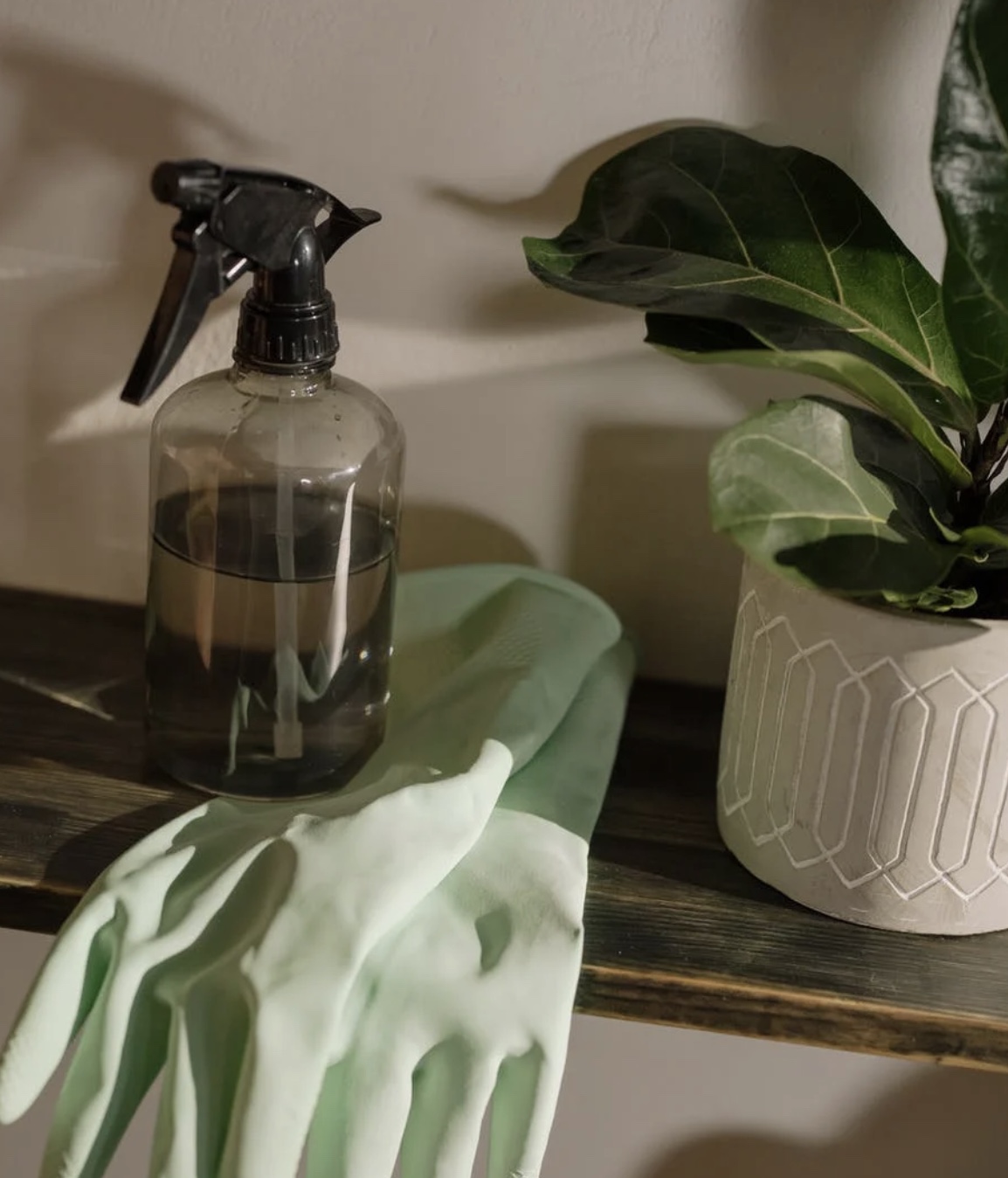Sleep apnea is a medical condition that interferes with the level of breathing while asleep that in severe cases can become life-threatening. Individuals who are diagnosed with sleep apnea are recommended to use a continuous positive airway pressure device while sleeping. This ensures you always get a comfortable sleep at night. Cleaning and maintaining your CPAP is as important as using it in the first place. Here are some proven tips handpicked by our experts to keep your CPAP clean for better outcomes.
Contents
The Importance of Cleaning it
If you don’t regularly clean your CPAP, debris, dust, and skin cells can start building up slowly that can ultimately become infected with microbes. Moreover, health conditions like allergic reactions, chest infections, and experiencing a foul odor are some common problems to expect. It is inevitable to avoid these problems unless a proper cleaning routine is followed. Not cleaning it can void the warranty of your device and decrease its efficiency by many folds.
Steps to Cleaning it Correctly
Doctors recommend cleaning the mask, tubings, and water chamber daily to endure the best outcomes. This may seem too much to do, but is a necessary step to improve your health and well-being. Here are the steps you can follow to clean your CPAP effectively:
- Unplug your machine from the power source and disassemble your tubings, mask, and headgear.
- Pull out your humidification chamber slowly without spilling water inside the machine. Rinse with water, an organic detergent, and dry it off with a clean towel to avoid bacteria and mineral build-up with use. Always refill your humidifier with distilled water to prevent any buildup from occurring in the first place.
- Tubings, humidification chamber, and mask can also be cleaned with organic liquids like vinegar. You might be wondering how to clean CPAP with vinegar and will it actually be effective? The short answer is yes. Just place the components to be cleaned in a solution of vinegar and water for about 20 minutes to naturally clean and sanitize them.
- CPAP filters also need to be cleaned at least once a week. The grey filters are re-usable for up to 6 months and can be washed with a mild detergent.
- Headgears, straps, and masks can be rinsed with recommended detergents and dried afterward.
- Avoid using strong detergents to clean as they can damage the equipment and might have negative effects on your health.
It is always best to keep an eye on CPAP replacement schedules because of regular wear and tear. If you are unsure about the replacement protocols, contact the manufacturer or your doctor for better advice.

Tips to Maintain your CPAP Machine
- Cleaning it every morning after use is the best time that ensures the components are dry enough to be used in the evening.
- Avoid using any type of bleach or a strong cleaner as it might damage the components.
- After you’re done cleaning, don’t expose the equipment to direct sunlight.
- Your CPAP machine sucks air from its surroundings. So, make sure you keep it at a place where its air intake is not altered. For instance, curtains can choke your machine easily if placed near windows.
- Make sure you use distilled water to clean and rinse the CPAP components.
- If you’ve recently had an infection, start cleaning your machine regularly, as poorly cleaned equipment can further aggravate your infection symptoms.
- Don’t use perfumed detergents as cleaning your tubings can retain smell, making it uncomfortable for you to breathe through.
- Never clean your equipment in a dishwasher as it might damage the equipment.
- There are tons of CPAP cleaning liquids out there in the market that is sold for hundreds of dollars. However, the key to maintaining your machine is by only following a regular cleaning routine, no matter the type of cleaner used.
- Avoid reusing an already used vinegar solution or a detergent solution.
- Masks are usually made of silicone and natural skin oils and moisturizers can deform or damage the silicone mask. Before you use a CPAP, wash your face to remove any excess oils or skin products that might interfere with the mask.
- Discoloration of tubings, masks, or any other component suggests a thorough cleaning or replacement.
While sleep apnea is a condition that disrupts sleep, it also affects your mood in a way of making you feel tired, irritated, and drowsy all day long. However, using a CPAP ensures you get a good night’s sleep and can perform efficiently throughout the day. So, don’t forget to clean your CPAP and always consult your doctor if you have queries or are unsure about how to use them.
